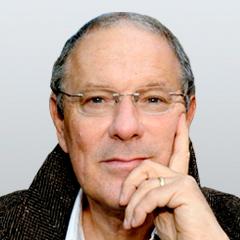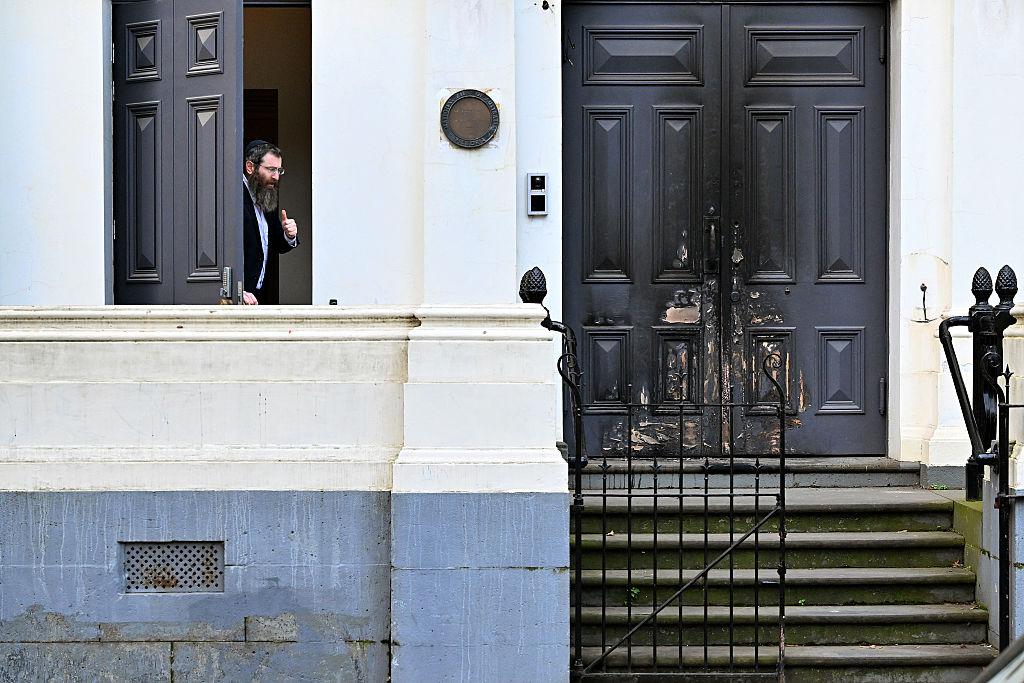Commentary
The West prides itself on having won the Cold War, but, in fact, a case could be made that, in a certain respect, the Soviet Union won it. That respect is the Sovietization of mentalities, which is proceeding apace in many institutions, not the least of them the American Medical Association.





